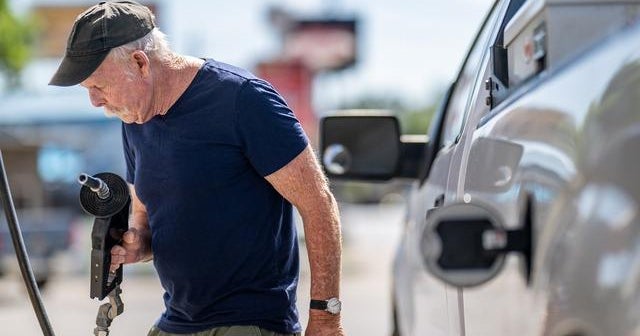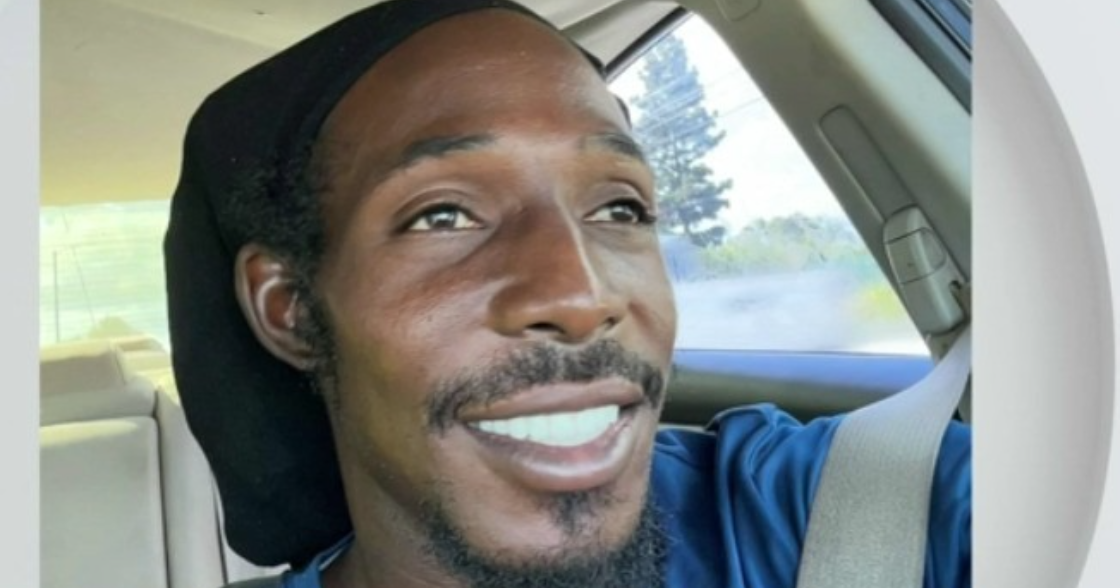NEW JERSEY — New Jersey is now the only condition in The united states in which it’s unlawful for motorists to pump their possess gas.
Oregon last week lifted its 72-yr-previous ban on self-support gas stations, enabling stations to run fifty percent of their pumps as self-serve. Oregon’s legislation, which was signed Friday by Democratic Gov. Tina Kotek, was passed over the objections of a union representing 800 staff at stations.
Oregon’s shift will make New Jersey the very last state exactly where motorists cannot contact the gasoline pump. Gasoline station proprietors in New Jersey can be fined as a great deal as $250 for a very first offense if drivers are caught managing the fuel pump and up to $500 for subsequent violations.
Gasoline stations’ struggles to retain the services of workers have led to renewed tries by New Jersey fuel station market advocates to lift the ban. Each time there is certainly a spike in gasoline charges, bills trying to get to stop self-company pop up.
New Jersey’s self-company ban, together with the state’s popularity for reduce gasoline prices than its neighbors, is component of its tradition. “Jersey Ladies Will not Pump Gas,” proclaims a preferred bumper sticker.
The state’s ban on self-support dates back to 1949, and it seems unlikely to alter whenever shortly.
Back again then, full-assistance fuel stations, with attendants filling up drivers’ tanks, were the key way of putting fuel in a motor vehicle. Gasoline stations utilised to make their cash by featuring a variety of solutions these kinds of as oil and battery checks, windshield wiping and car repairs.
Full-provider gasoline station proprietors considered that much less expensive, self-support gas stations — which have been beginning to unfold — would undercut them on selling prices and wanted to block them, in accordance to historians.
Full-services fuel stations performed up protection dangers all-around self-support, arguing that untrained motorists would overfill their tanks and get started a fireplace. With assist from local fire marshals, gas stations lobbied condition legislators to go bans on self-support. By 1968, placing gas in your individual car was banned in 23 states.
“Due to the fact of the fireplace dangers right associated with dispensing gas, it is in the public curiosity that gasoline station operators have the regulate necessary above that exercise,” New Jersey’s legislation states.
But fuel station entrepreneurs began to alter their place on self-assistance in the 1970s and 1980s as they misplaced their keep on the car provider and maintenance market place.
Gas stations experienced to seem for new approaches to grow profit and thought that self-assistance could cut down their labor costs and enhance the sum of fuel marketed. They also diversified into marketing foodstuff, tobacco, coffee, treats and other products with bigger profit margins.
Operators began pushing states to repeal their self-assistance bans. By 1992, all-around 80% of all gas stations nationwide were self-services, up from just 8% two decades prior.
Still, New Jersey, Oregon and a handful of other states hardly ever lifted their self-support bans, in spite of frequent legislative attempts, court troubles and opposition from fuel station homeowners and the field.
Fuel stations’ struggles to employ employees have led to renewed attempts by New Jersey gasoline station marketplace advocates to carry the ban. Each individual time there is certainly a spike in gas rates, charges searching for to end self-company pop up.
Attempting to overturn the ban has also been noticed as a loser politically.
“On self-support gasoline, that’s been sort of a political 3rd rail in New Jersey,” New Jersey Gov. Phil Murphy said last yr.
A Monmouth University poll final year showed that 60% of New Jersey citizens oppose a policy that would enable stations to go completely self-services. Fifty-5 p.c of New Jersey residents say that New Jersey becoming the only state that does not make it possible for self-services is a fantastic factor for the point out.
“Being the final full-provider-only condition in the nation would seem to be a supply of pride for lots of New Jerseyans,” said Patrick Murray, director of the Monmouth College Polling Institute.



